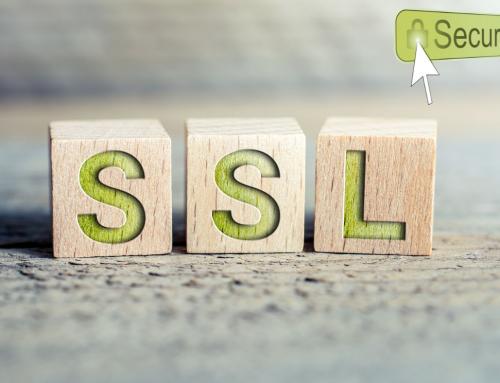From Wednesday March 21, it will be easier to register an IE domain name, as registrants will no longer be required to demonstrate that they have a “claim to the name”.
They’ll still have to show that they have a connection to Ireland, but questions about why they want to register a particular domain name will no longer apply.
It’s a small change really, but we believe it’s a positive step forward.
It will be simpler and easier for people to register .IE names, and it’s likely that the relaxed rules will lead to an increased interest in IE domain names, especially for names involving generic keywords.
Right now there are a lot of great names which are not yet registered as .IE domains, and under the current rules they are unlikely to be, unless someone with a ‘claim to the name’ chooses to do so. But from 21 March onwards, the chances of them being registered increases.
For example, the domain name bluecheese.ie is currently unregistered. Right now, the list of possible entities who might choose to register it is a relatively small set of companies who all make blue cheese.
But from 21 March onwards, anyone with a connection to Ireland, who wishes to register bluecheese.ie, can do so. That includes all the cheese companies, but also anyone at all who likes the name. It could be used for a film review site, or a darts team, or a blog, or simply registered and parked until inspiration strikes. It could be registered by someone who might not feel they could make ‘a claim to the name’ under the current rules.
There would be nothing wrong with someone doing that, as long as they are not deliberately trying to mislead people by causing confusion with someone else’s brand. In a scenario like that, rights are protected by intellectual property law, starting with the IE Dispute Resolution Procedure (IEDRP).
But for most domain names, there are many different people who would be legally entitled to register them, and from March onwards, it will be easier to do so.
Right now, if you have a claim to a particular .IE domain name, it puts you in pole position when it comes to registering it. That doesn’t mean that you have to register every possible name you can think of related to your business. But it does mean that now is a good time to consider your branding and domain strategy.
So if you have a .IE domain name in mind right now, and a legitimate reason to register it, this is your final call! It’s time to step up and claim your name!
5 Comments
Comments are closed.
![iedrvideo940 Final Call: It’s Time to Claim your IE Domain Name [Video]](https://blacknight.blog/wp-content/uploads/2018/01/iedrvideo940.jpg)






What are the rules relating to transferring ownership of IE domains?
Can they be transferred for a fee or does it have to be free?
Are there any rule changes relating to the above coming?
Hi David,
The rules changed about a year ago, and it is now permitted to trade in IE domain names.
Full details are here: https://help.blacknight.com/hc/en-us/articles/115000295149-IE-Domain-Registrant-Transfer-Process
You should note that the new registrant must satisfy IEDR rules. Until March 2018 that means having a connection with Ireland AND a ‘claim to the name’. From March onwards, a connection with Ireland is all that is required.
There are no further changes pending at this time in relation to IE domain transfers. You can follow IEDR’s policy development process here: https://www.weare.ie/p30/policy-development/
Many thanks Conn
I think it’s about time the barriers to registering .ie domains was reduced but there could be an issue with domain squatters.
I don’t think it will be a serious problem. Having reviewed some of the claims taken under the IE Dispute Resolution Policy, cases of domain squatting tend to be resolved appropriately. The significant point, I think, is that the ‘claim-to-the-name’ is not a suitable way to adjudicate properly on a matter of intellectual property rights.
We’ve explained why that is, in a press release a couple of weeks ago: http://www.blacknight.press/162807-businesses-should-check-ie-domain-name-entitlement-before-the-rules-change-in-march
Also, here are more details about IEDRP: https://www.weare.ie/dispute-resolution/
Thanks for the comment Keith!